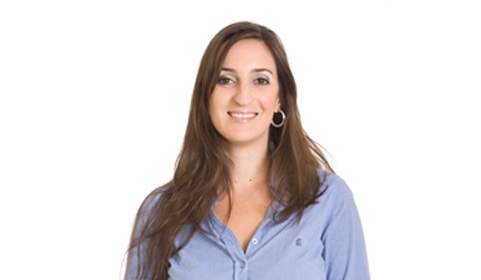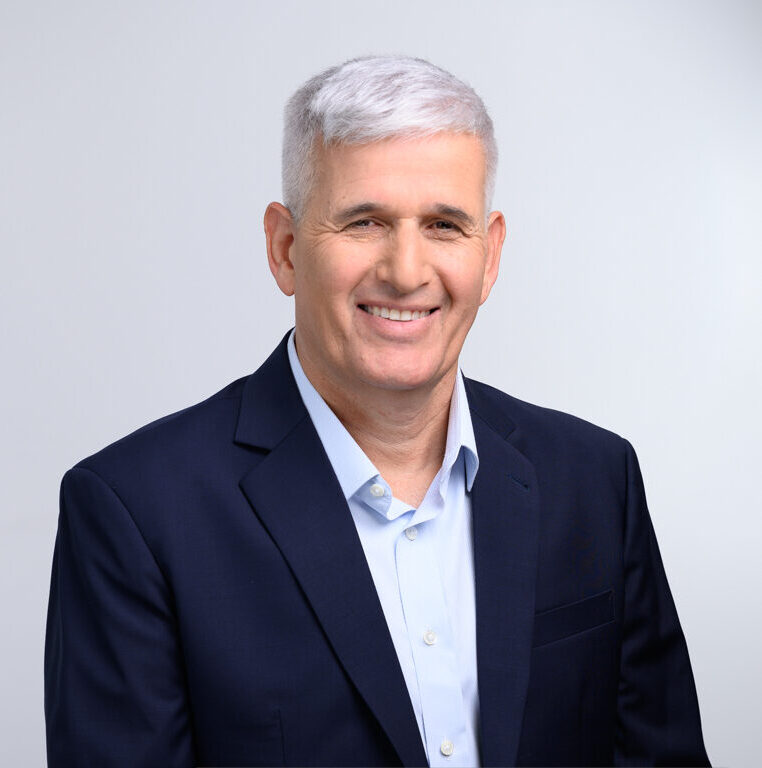Patentability of Computer-Implemented Inventions in Europe


In our March 2010 Newsletter , we reported on the lack of clarity that exists in Israel relating to patentability of technological inventions in the field of software. We reported therein that the situation in Israel is different than that in most countries, including Europe .
Although there is no formal definition of technological inventions in the field of software, such inventions include, among others, inventions that solve technical problems in the field of software, such as efficient use of computer memory resources, real time communication, data compression and encryption, medical devices based on a new mode of data processing, etc. As distinct from technologically-based inventions, in the field of software, there is also a category for business method patents, which relates to a new application, albeit one that is not aimed at solving a technological problem, such as innovative Internet advertising methods.
Questions on patentability of technological inventions in the field of software, occasionally arise in various jurisdictions, including Europe and the USA .
At the end of 2008, the President of the European Patent Office (EPO), directed four questions to the highest appeal instance of the EPO (the Enlarged Board of Appeal – EBA), with regard to criteria for granting patents in the field of software . The President was of the opinion that in the last 10-15 years there has been inconsistency of patent eligibility criteria of inventions in this field in the decisions of the Technical Board of Appeals (TBA), which is the first appeal instance of the EPO.
In a recent Opinion, laid down on 12 May 2010 , the EBA ruled that it disputes the President’s stance and is of the opinion that there is no inconsistency between different TBA decisions.
The EBA held that insofar as there are differences between the different decisions, they can be attributed to a natural evolution of jurisprudence, in a complex and continuously evolving technological field, such as software.
The EBA refrained from interpreting key controversial terms, which are essential for the purpose of establishing patent eligibility of technological inventions, in the field of software, such as the term “technical” . This is likely due to the understanding that any attempt to define such terms exactly, will not withstand the test of time, and, therefore, it is better to leave room for flexibility in interpretation of such terms, in line with future developments in a dynamic field, such as that of software.
It follows that in practice, the policy for patent eligibility, established in TBA decisions in the matters of Hitachi and Microsoft , according to which technological inventions in the field of software are patent-eligible in Europe, will continue to be in effect also in the future.
Prior to the Hearing on this issue, the EBA approached the public and requested to be provided with position papers and opinions; and about a hundred such papers/opinions were submitted on behalf of various entities. Among those that submitted position papers and opinions were academic institutions, patent attorney and law firms, industrial entities and organizations in support of the “open source”. All this material was carefully considered by the EBA, before issuing its decision.
Since the questions were presented to the EPO’s highest Appellate Authority- the EBA, it seems that additional precedential review of the patent eligibility of such inventions within the framework of the EPO, is not likely in the coming years. Therefore, stability can be expected in Europe in the matter of patent eligibility of technological inventions in the field of software.
There of course remains the question whether the Israeli Patent Registrar, who is now examining the policy of the Israeli Patent Office in the matter of technological inventions in the field of software, will take note of the EBA’s decision, considering the fact that the Patent Registrar himself, in the Tamir case as well as the District Court , in the UTC case, found a correlation between the legal situation in Israel and that in Europe.
1 To view the said Newsletter please click here
2 In Europe there is the European Patent Convention, within the framework of which the European Patent Office (EPO) operates. Once the EPO decides to grant a patent, through a formal procedure, it is possible to validate the patent in 32 European states.
3 In the USA, a few weeks ago, there was a decision by the Supreme Court in the Bilski case, which we shall report shortly. 7E6E’>In Europe there is the European Patent Convention, within the framework of which the European Patent Office (EPO) operates. Once the EPO decides to grant a patent, through a formal procedure, it is possible to validate the patent in 32 European states.
4 The European Patent Convention permits the President of the EPO to initiate a Hearing, at the EBA, in all cases where the President believes that legal clarification is required, in view of inconsistency in decisions by the TBA. Such initiative is by way of presenting questions to the EBA. hrough a formal procedure, it is possible to validate the patent in 32 European states.
5 G 0003/08: Opinion of the Enlarged Board of Appeal, of 12 May 2010.
6 European courts’ interpretation of the European Patent Convention requires an invention to be of a “technical” character in order to be patent-eligible.
7 T 258/03, Hitachi (OJ EPO 2004,575); and T 424/03, Microsoft, dated 23 February 2006.
8 The Registrar’s decision in the matter of Tamir – Patent Application No. 131733 of 21 September 2006.
9 United Technologies Corporation vs. the Registrar of Patents, Designs and Trademarks, Jerusalem District Court, 1994.
This article is provided for general information only. It is not intended as legal advice or opinion and cannot be relied upon as such. Advice on specific matters may be provided by our group’s attorneys.
